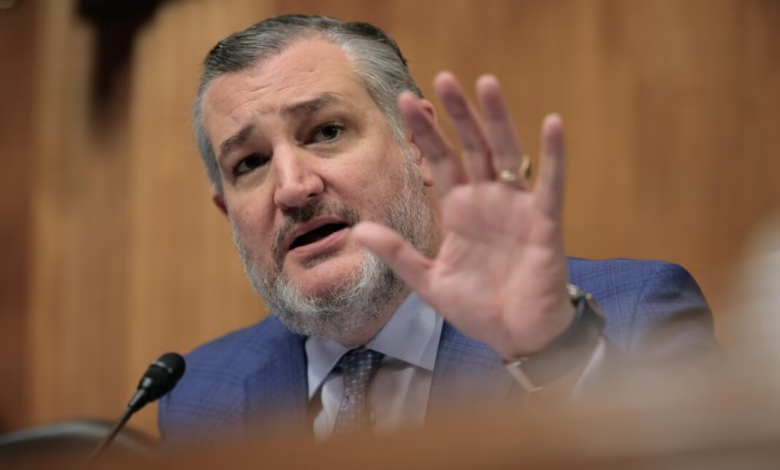Ted Cruz Bill: States Regulating AI Lose $42B Broadband Funds

▼ Summary
– Sen. Ted Cruz proposes a 10-year moratorium on AI regulation by withholding broadband funding from states that impose AI restrictions.
– Cruz’s bill ties eligibility for the $42 billion BEAD program to compliance with the AI regulation ban, differing from the House’s direct approach.
– The bill includes an extra $500 million for BEAD, allowing funds to be used for AI infrastructure alongside broadband expansion.
– States receiving BEAD funds must agree not to enforce any AI-related laws or regulations for 10 years.
– Public Citizen criticizes the bill as undemocratic, arguing it forces states to choose between broadband access and AI protections.
Senator Ted Cruz has proposed legislation that would block states from regulating artificial intelligence by threatening their access to billions in federal broadband funding. The controversial bill ties eligibility for the $42 billion Broadband Equity, Access, and Deployment (BEAD) program to a decade-long ban on state-level AI restrictions.
Cruz, who chairs the Senate Commerce Committee, introduced the measure as part of budget reconciliation discussions. Unlike a previous House version that outright prohibited AI regulation, his approach leverages financial incentives—or rather, penalties. States attempting to impose EU-style AI regulations would lose access to BEAD funds, which are designed to expand high-speed internet access in underserved areas.
The legislation includes an additional $500 million for BEAD, explicitly allowing the money to support not just broadband infrastructure but also AI development. However, the funding comes with strings attached: any state or territory enforcing laws that limit, restrict, or regulate AI systems involved in interstate commerce would be disqualified.
Critics argue the proposal undermines democratic principles. Advocacy group Public Citizen condemned the move, calling it a coercive tactic that forces states to choose between essential broadband expansion and protecting citizens from potential AI harms. “This is a blatant power grab,” said Public Citizen’s J.B. Branch. “Families needing better internet shouldn’t have to sacrifice safeguards against unchecked AI just to get connected.”
The bill’s structure appears designed to bypass Senate rules prohibiting unrelated policy changes in budget legislation. By framing the AI moratorium as a funding condition rather than a direct ban, Cruz may be attempting to sidestep procedural challenges. Whether the strategy succeeds could determine how states balance technological innovation with public oversight in the coming years.
(Source: Ars Technica)

